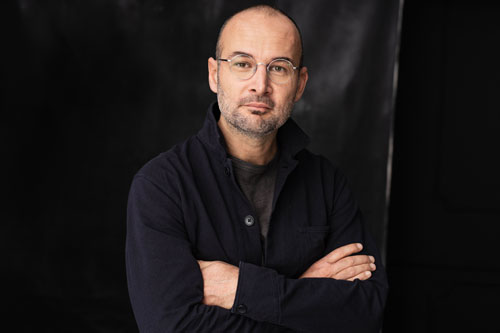
“In a society where the press is not holding those who govern accountable, we will have no chance to learn the truth.” – Alexander Nanau
On November 30, 2015, a fire broke out at Bucharest’s Colectiv nightclub. The free concert celebrating metal band Goodbye to Gravity’s latest album featured a pyrotechnic display during the performance. A spark from one of the fireworks caused the fire to spread quickly, soon engulfing the entire room. Twenty six people died on-site. A further 38 died in hospitals around Romania and neighbouring countries. Protests against the government’s lack of regulation erupted, leading to the government’s resignation.
Collective is a Romanian documentary film directed and co-written by Alexander Nanau. It was featured at the Venice Film Festival, the Toronto International Film Festival and this year’s Sundance Film Festival. The film has been submitted by Magnolia Pictures and Participant for the 2021 Academy Awards (Best Documentary). The Romanian Film Center/CNC Romania recently confirmed that Collective will be Romania’s official Oscar entry for Best International Feature. In the film, Nanau follows the crack team of journalists at the Romanian newspaper Gazeta Sporturilor as they uncover a vast health-care fraud that enriched politicians and moguls in the wake of the Colectiv nightclub fire.
The Global Search for Education is pleased to welcome Alexander Nanau.
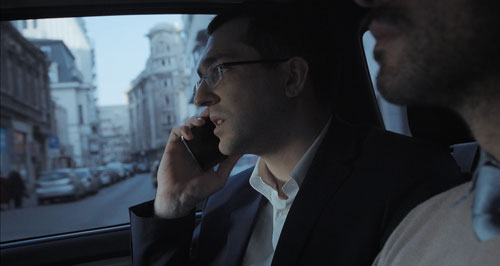
“A young generation took to the streets against the corrupt authorities and the corrupt political class. It felt like change was coming.” – Alexander Nanau
Alex, in your own words, can you please explain to us what happened on November 30, 2015?
The Collectiv club fire should not have happened or, even if it happened, it should not have cost so many lives. The Collectiv club in Bucharest was a popular club where there were a lot of concerts. But one of the main reasons why so many people died on the spot is that the Romanian fire department allowed the club to function even though there were no fire exits. What we realized and what the film is about is the aftermath of that. Many more people, thirty-seven in total, continued dying after the fire in hospitals. The Romanian government, together with doctors and the health-care system, lied to everybody that they were capable of treating burn patients when they actually couldn’t take care of their patients because they didn’t have burn units. They refused to fly the young burn patients out of the country into burn clinics where they could have been rescued. Our film takes a look at the journalistic investigation after the fire that uncovered more information, including the mass manipulation by the Romanian authorities. The government claimed that Romania was as well prepared as a country like Germany to take care of patients. They journalists found out that the company that was producing disinfectants for about 350 Romanian hospitals was diluting the disinfectants. This meant that not only these burn victims, but hundreds to thousands of Romanian patients over the last ten years were infected by hospital bacteria because the disinfectants were diluted. It is a bit like The Third Man which was made into a film with Orson Welles, where he was selling diluted penicillin.
So the Romanian government refused to get some of these burn victims out of the country and into other hospitals where they could have been treated?
Yes, their discourse was we have a great health care system, we have the best specialists, we can treat these patients as well as the German health care system, there won’t be a better treatment for them than in Romania. It’s the kind of behavior that we see today around the world where the populistic discourse leads to death. We always ask ourselves “why did you do that?” And then we find out it’s because by keeping patients in the country they can spend the money in an illicit way, and actually steal it.
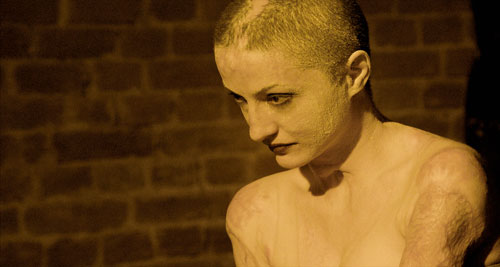
“We realized we were witnessing a story that goes into the heart of the relationship between citizens and those in power.” – Alexander Nanau
The CEO of the pharmaceutical company Hexi Pharma that was diluting the disinfectants ends up losing his life. What was the cause of death?
He had a car accident. He was alone in his car and he drove into a tree.
The timing of your movie is very relevant with the COVID-19 pandemic and world leaders needing to address better health care systems and better health safety measures. What specific parallels do you see between the story of the Colectiv nightclub fire and what’s going on right now worldwide with the coronavirus pandemic?
I think that the important thing is the lack of responsibility of those that govern the lives of the citizens that elected them. Secondly, it’s about corruption. The journalistic investigation in the film moves like a thriller which leads us to the facts. We discover that everything is linked to corruption and to laundering money from the health care system. Another link to the pandemic is that at any time something like a fire, or a virus or any other disease can suddenly impact all our lives and that’s the point where we realize how much we depend on the functioning of the societies we live in. In a society where the press is not holding those who govern accountable, we will have no chance to learn the truth.
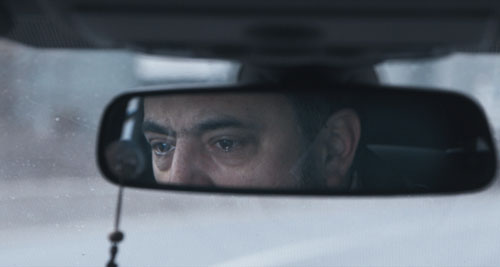
“People have reacted very emotionally and have said, “oh, it’s like it is in our country, it’s not just a Romanian story.” – Alexander Nanau
Your film illustrates the fallout of societies that do not function properly.
Yes, I think there is also the link between the universality of the Collectiv story and what’s happening to all of us right now, and that’s the total loss of humanity. These people are not human anymore. We started to make the film because we saw a turning point in Romanian society. A young generation took to the streets against the corrupt authorities and the corrupt political class. It felt like change was coming. When we started to dive into the whole corruption and revelation we were shocked to realize the level of the lack of humanity amongst these decision makers to a whole nation that was traumatized by this event. They knew they would send victims to their death because they knew about the infections in Romanian hospitals due to the diluted disinfectants.
What key element of this real life story inspired you to tell it? What has been the audience reaction to this story so far, of those that you have screened this movie to and those who have seen this movie?
It was the fact that we saw there was a change in the street. A new generation wanted to claim back their society from a corrupt political class. Once we started, we realized we were witnessing a story that goes into the heart of the relationship between citizens and those in power. We wanted to understand how the relationship between power and citizens works, and the point of view of investigative journalists seemed the best point of view to tell it through, to understand this relationship, to understand how information flows from the power towards the citizens, and how citizens can react to it, and how citizens can take care of, or protect, or influence their own community and society. People have reacted very emotionally and have said, “oh, it’s like it is in our country, it’s not just a Romanian story.”
Could you elaborate a little more on “the change in the streets?”
After the fire, we had mass demonstrations that were actually the biggest demonstrations since the Revolution in ’89, and it was just young people demonstrating against the corrupt political class and demanding a change. Demanding the government to step down and to have a politically independent government until reelections.
What do you want audiences to take away from this movie?
Normally I don’t make the films with an idea in my head as to what I want people to take away. I think that the most important question for me is, “how do I influence the community or society I’m living in? And what kind of society do I want to live in? And am I courageous enough to be true to myself and to stand up when I see corruption or when I see something really bad and wrong happening? Making this film is like holding a mirror in front of my face and asking myself if I’m bold enough to be myself and to stand up to things that I believe in, and to be a better human being.
What’s next for you? What are you working on now, in terms of future projects? Is there anything you’ve got your eye on right now that you’re planning?
Yeah, there are two, three projects that we’re developing but I never talk about projects when they’re in development. I’m superstitious, let’s say. Regarding Collective, the film will be released by Magnolia Pictures and Participant, in theaters and on VOD, on November 20th, and it will be released at the same date in the UK and France and Europe. It is now up for the European Film Academy Awards and, most probably, it will also try to run with all the other documentaries for the Academy Awards in the United States.
Thank you Alex
(Dallin Agatone contributed to this article)
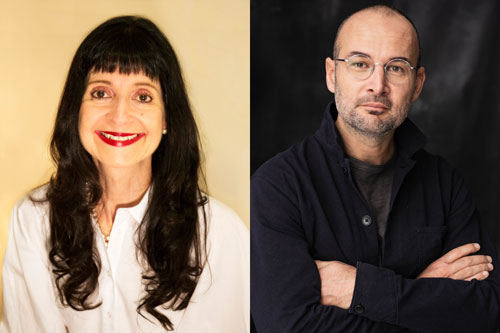
C.M. Rubin and Alexander Nanau
Thank you to our 800 plus global contributors, artists, teachers, entrepreneurs, researchers, business leaders, students and thought leaders from every domain for sharing your perspectives on the future of learning with The Global Search for Education each month.
C. M. Rubin (Cathy) is the Founder of CMRubinWorld, an online publishing company focused on the future of global learning, and the co-founder of Planet Classroom. She is the author of three best-selling books and two widely read online series. Rubin received 3 Upton Sinclair Awards for “The Global Search for Education.” The series, which advocates for Youth, was launched in 2010 and brings together distinguished thought leaders from around the world to explore the key education issues faced by nations.
Follow C. M. Rubin on Twitter: www.twitter.com/@cmrubinworld

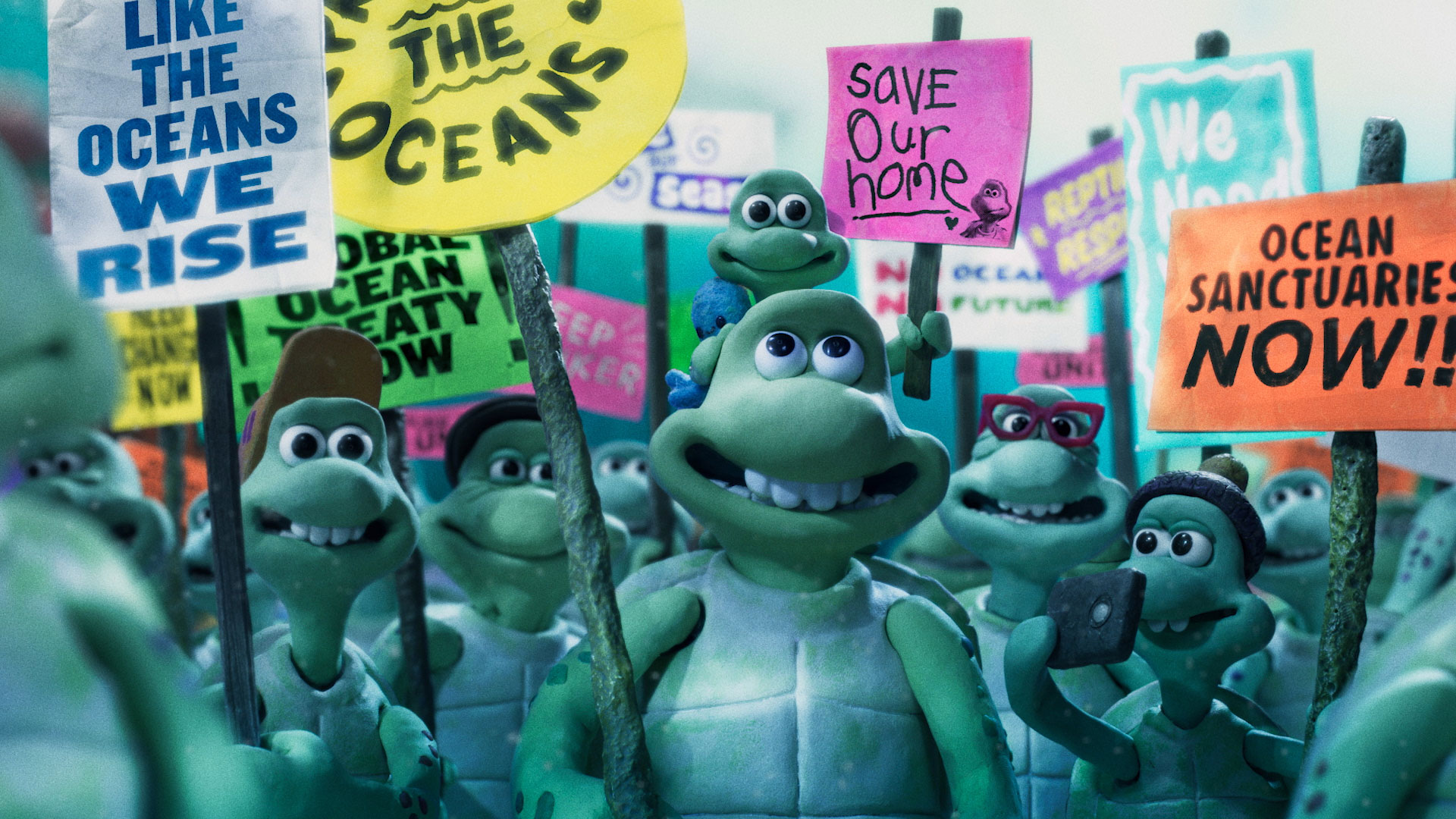
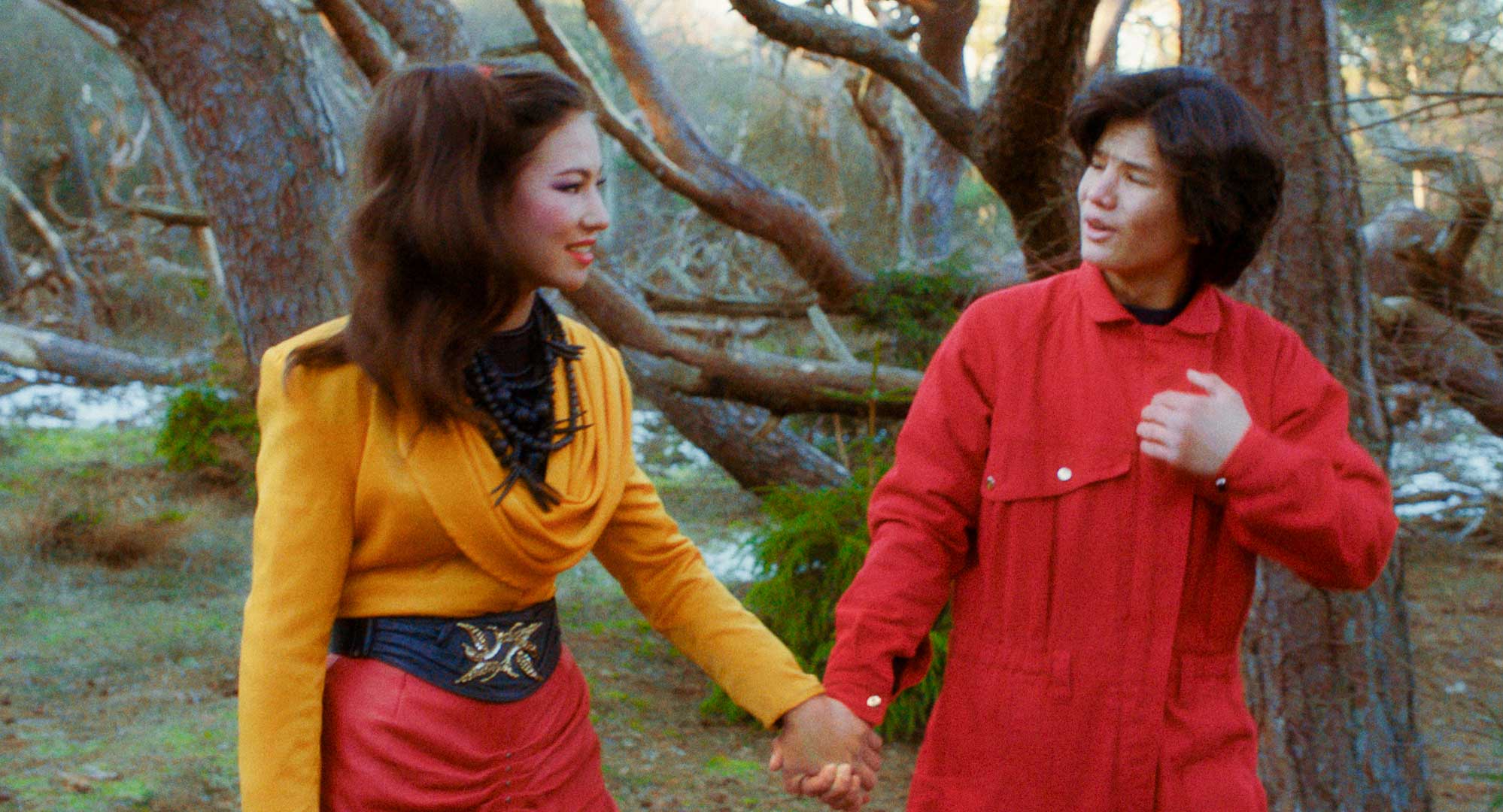

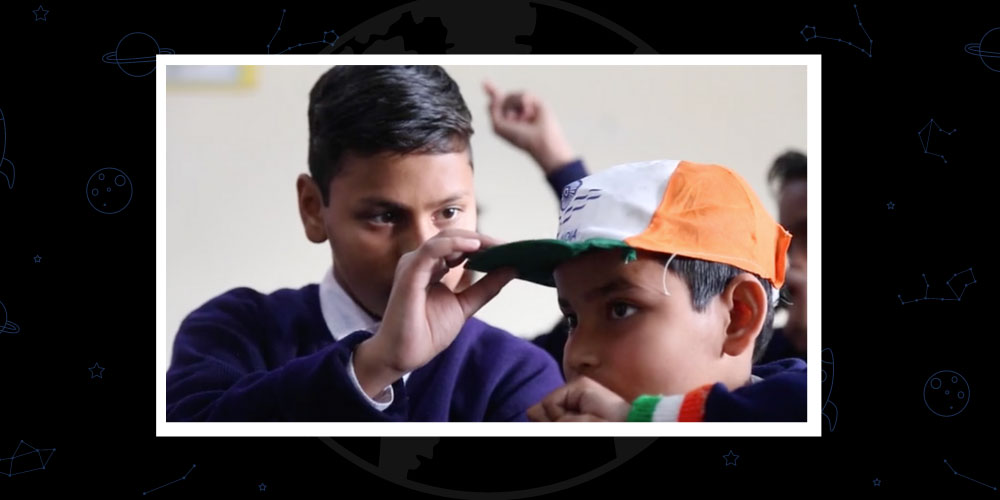
Recent Comments